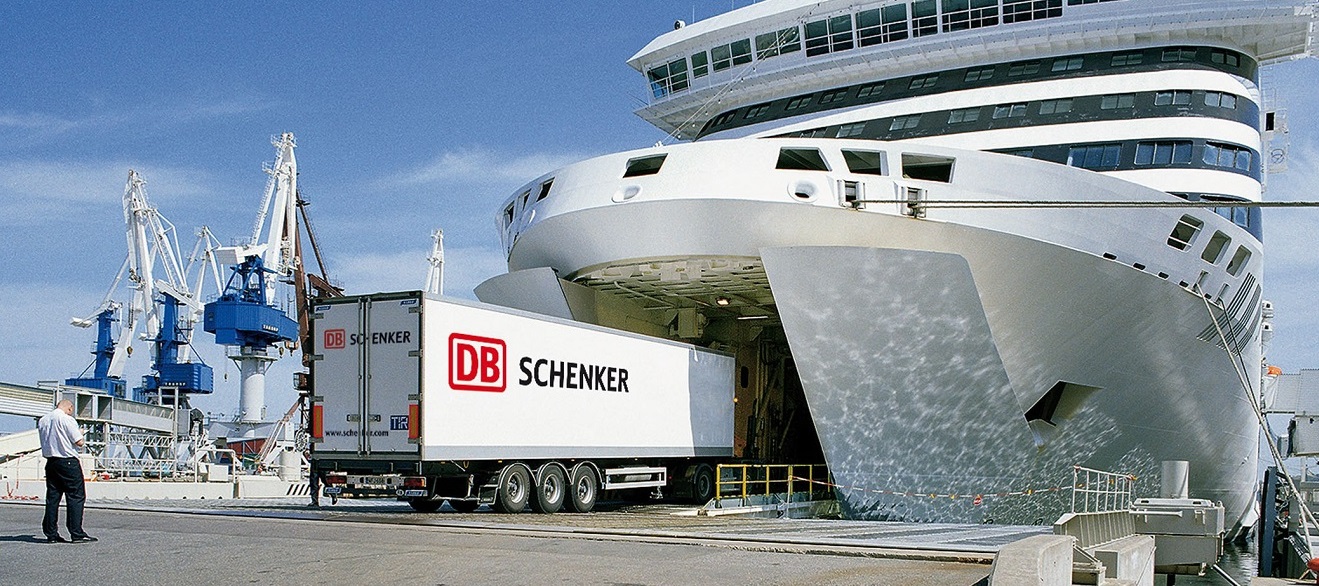
Finding a truck to haul something across the country isn't as easy as hailing a taxi or ride-share service, but it may be getting closer as peer-to-peer trucking apps start to gain traction in the industry.
These on-demand freight services are used by less than 5 percent of U.S. trucking lines, but the industry is getting a big push from investors. Hundreds of millions of dollars are going into dozens of freight tech start-ups, including Transfix, Loadsmart, Convoy, Doft, Cargo Chief, TugForce, HaulHound, Parade, ShipLync, uShip and Flexport, which has raised $94 million over the past several years.
Deals with trucking start-ups reached a record high in 2016, with 55 deals worth more than $750 million in aggregate, CB Insights said in a recent report.
Trucking tech start-ups have raised $478 million across 21 deals during the first half of this year. The research firm believes total funding in 2017 will surpass last year's total.
Of the companies focused on the freight trucking industry, Austin, Texas-based uShip - an online shipping marketplace and freight automation software provider - has become a hot funding choice.
UShip allows truck drivers with a partial load to make extra money without large route detours by filling open space in their trucks with freight travelling in the same direction. They can bid on a shipment, agree to a fixed price or negotiate a price.
Logistics company DB Schenker believes the business model is viable.
That's why the company invested $25 million in the start-up in February. The total amount raised by uShip is $50 million.
"As an industry, all directions are pointing to the automation and digitization of freight," Jochen Thewes, chief executive of parent Schenker AG told Trucks.com "The process must become faster, cheaper and more efficient so that all parties and partners benefit. Mobile devices, and the ability for one-touch communication, is at the heart of how this digital transformation is taking place."
DB Schenker, based in Germany, is one of the world's largest and oldest logistics companies. It will use uShip's technology in Germany and throughout Europe.
The company's investment in uShip is its largest equity interest in a digital company, and "demonstrates just how serious we are about our digitation strategy," Thewes said.
Launched in 2004, uShip spent its first nine years focusing on shipping for consumers, such as a car owner transporting a new vehicle across the country. It has expanded to commercial shipping and is focusing on areas such as high-volume enterprise shippers and small to midsize businesses shipping less-than-truckload, or LTL, freight.
"These are businesses that aren't yet big enough to demand a special rate from a [carrier]," Mike Williams, chief executive of uShip, told Trucks.com.
Anything from pallets, cars, tractors, boats, household goods, livestock or excavators can be shipped. Irregularly shaped items purchased from a single seller on eBay, for example, can be picked up.
"UShip is a bit of a unique animal that has automated a way to move "odd-duck freight,"- said John Larkin, an analyst at Stifel Transportation and Logistics Research Group. "They make it relatively easy and painless, and relatively automated."
About 20 percent of trucks are completely empty at any one time, most often during a 'back haul' in which a driver is returning after a delivery, Williams said.
While there aren-t a lot of trucks sitting around doing nothing - as there are in the sharing economy for cars and homes - it's common for trucks to be only partially full, Larkin said.
And that's an area truckers may not be taking advantage of often because they don't realize the potential to generate extra money, he said.
Truckers are immediately paid upon delivery, compared with waiting 30 to 60 days for payment from other types of shippers, Williams said.
Uber Freight, another on-demand freight brokerage, says it will pay drivers within a week of delivery. Freight brokers Transfix and Loadsmart pay for loads within 48 hours.
UShip wouldn't say how many drivers use its app but said it has 750,000 providers worldwide. Its European headquarters are in Amsterdam.
Williams said he considers the other 18,000 freight brokers as uShip's competition, including Uber Freight, and that uShip is differentiating itself through its phone app that lets truckers deal directly with companies looking for shipping services. While uShip still serves as the middleman, it's a technological one.
"Logistics and shipping is ready and ripe for it," Williams said of freight tech and the $700-billion U.S. freight industry.
Competitor Flexport - a tech-enabled freight forwarder that works with small- and medium-size trucking companies around the globe - firmly believes the industry will benefit from the disruption.
There are a lot of inefficiencies in freight shipping, starting with the paperwork required, said Sanne Manders, chief operating officer for the company.
"Technology can take away the paper side of freight and replace it with digital solutions," Manders said.
What Amazon did to retailing, tech freight companies can do to freight hauling, he said. "It will take over the industry."
"Freight is a process that's complex, labor intensive and almost antiquated," Manders said. "Technology to it will dramatically change the industry."
UShip hasn't penetrated large businesses but for now is focusing on small businesses or individual customers, Larkin says. Uber Freight, by contrast, is targeting bigger accounts - an area uShip is staying away from, he says.
"My guess is [uShip] would be smart not to try to move up and play with the big boys," Larkin said.
While Uber Freight may ultimately move into autonomous trucking, it's unlikely uShip will get into self-driving trucks, Larkin said.
It's in an area that's growing and offers an easy way for truckers to make some extra money, he said. "Putting the uShip app on your phone is not a big procedure, and you might as well take advantage of it."
By Aaron Crowe
Source: Trucks.com